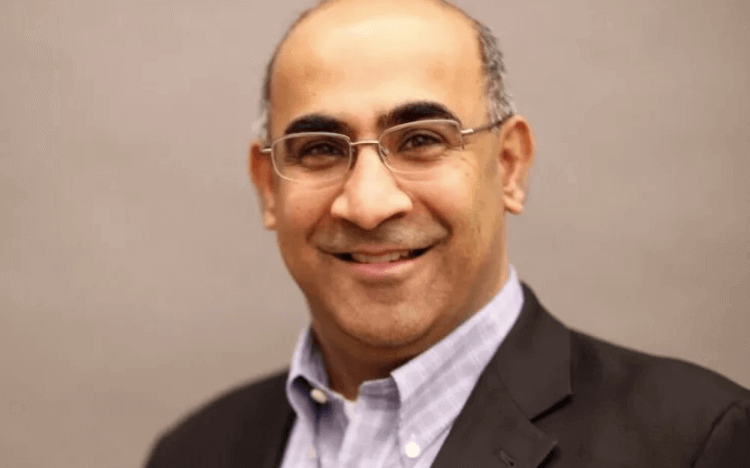The GMAT is the first serious step on the road to an MBA, and a major part of the application process.
Many professionals and resources are available to help you along the way, each with their own ideas about the test—but that doesn’t mean they’re necessarily true.
We asked the GMAT experts what they see as the biggest myths tripping up GMAT candidates. Here’s what they advise instead.
Myth: You have to answer every single question right to get a good score
Shanna Ricketts, GMAT Instructor at Manhattan Prep
The best GMAT scorers routinely skip problems. The key is to make good decisions. Which questions should you skip? How do you decide early on to save some time that you can use on other problems? How do you guess well? 
Even though you’re skipping there may be some answer choices that are less likely, allowing you to increase your odds of guessing the answer correctly.
A similar myth is “You need to do all the problems in the Official Guide to do well on the GMAT”. Simply doing a lot of problems is not going to improve your score unless you are spending the time to effectively review your work. Every problem you do is a learning opportunity. Spend at least as much time reviewing a problem as you spent doing it.
Myth: There’s a limit to much you can improve your score
Marty Murray, Chief Curriculum and Content Architect at Target Test Prep
The biggest GMAT myth of all is that a person can increase their score by only so much. One of the variations on this myth is that a person who has taken the GMAT twice is unlikely to further increase their score. 
While that’s partly true, it’s only because of patterns in the way people prepare and take the GMAT.
Sure, if you keep preparing in the same way, don't address weaknesses effectively, or take the GMAT a third time without more prep, you may not see a significant score increase. However, if you find new ways to prepare and keep developing yourself, your GMAT score will continue to increase.
The bottom line is that a person can increase their GMAT as long as they keep preparing and finding new levers to pull. I’ve seen people go from the 300s and 400s to the 700s. In one case I know of, a person took the GMAT seven times to get to his score goal.
Myth: The GMAT is the most important part of your application
Fred Arbona, Content Creation Project Manager and GMAT Tutor at Magoosh

Applicants tend to overestimate the GMAT’s weight, largely because of the comprehensive yet non-quantitative ways that business schools evaluate applicants. In short, the fuzzy parameters set by schools are not very reassuring.
It’s also hard to go back and change a career path or a GPA during the months-long application process, so it becomes tempting to focus on what can be changed: the GMAT.
The importance of the GMAT is different for each applicant, but more often than not it’s not the deciding factor. It’s one data point among many, including essays, grades, recommendations, resumes, career progression, and, finally, interviews.
I’ve had students go on to top business schools who hadn’t got a 700+ score, but had great applications complete with introspective essays! Resist the urge to sacrifice other areas within your control (like the CV, choosing the right recommenders and the essays) to focus too much on the GMAT.
A word from the makers of the GMAT exam…
Vineet Chhabra, Senior Director of Products at GMAC

Do certain strategies produce higher GMAT exam scores? Are some questions more important than others? You've heard the rumors, now go directly to the source.
In this episode of the Inside the GMAT™ Official Podcast, Vineet Chhabra breaks down 10 common myths about the GMAT Exam.
As one of the people responsible for setting the GMAT, Vineet knows a thing or two about what to expect when it comes to test-taking, as well as how to avoid certain myths.


